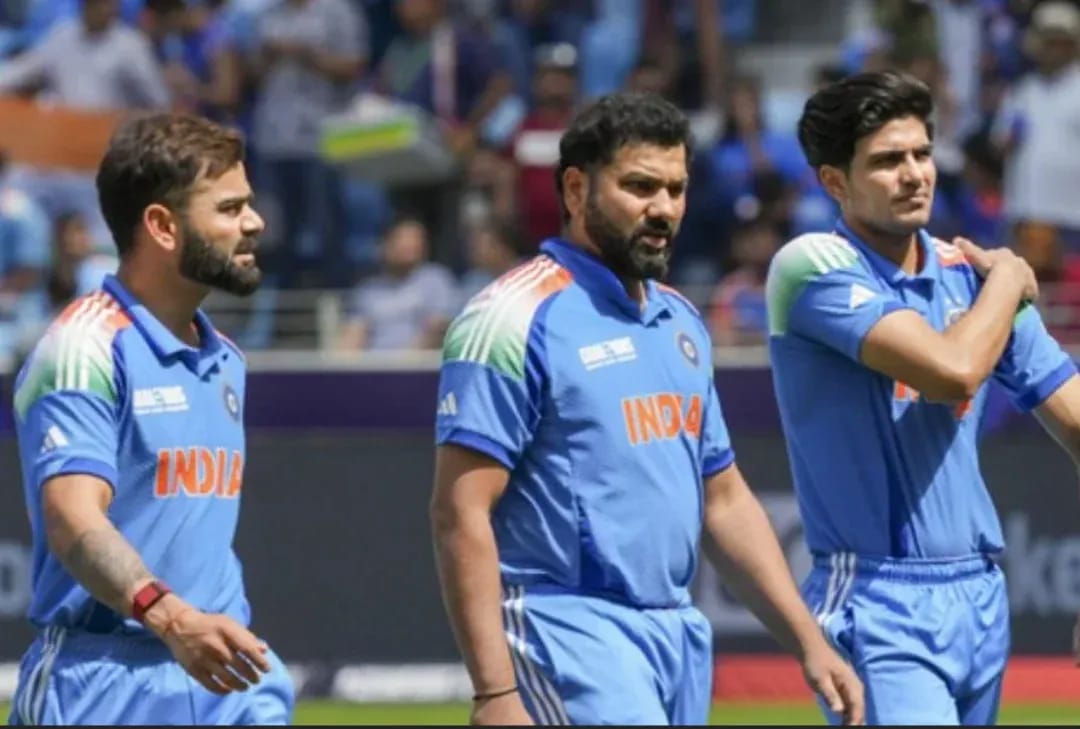Will Rohit Play Under Gill In 2027? The Captaincy Call India Can’t Duck

Will Rohit Play Under Gill In 2027? A World Cup Question With Real Stakes
A fresh captaincy debate is bubbling in Indian cricket, and it centres on 2027. With Rohit Sharma and Virat Kohli retired from T20Is and Tests but keen to play the next ODI World Cup in South Africa, Zimbabwe, and Namibia, the question is no longer just “will they be there?” It’s also “who leads if they are?” A former South Africa batter, Daryll Cullinan, has weighed in plainly: India should hand the ODI reins to Shubman Gill—“irrespective of whether Rohit is playing.” That single word, “irrespective,” has set the tone for the conversation.
What the ex-Protea actually said
Cullinan’s message to Kohli and Rohit was direct: if they want to be in the mix in 2027, they must play a serious amount of cricket over the next two years. Not cameo series, not stop-start bursts—consistent, competitive games to stay sharp physically and mentally. He called it a “catch‑22”: no one doubts their ability, but the grind of international cricket is different, and you can’t just dip in and expect to deliver on demand. His captaincy take was even clearer—Gill should lead, even if Rohit is in the XI.
What it means for Rohit and Kohli
The calendar adds pressure. India are due to play very few ODIs before the turn of 2026, so rhythm won’t come easy. That’s why whispers about domestic one-day cricket—like the Vijay Hazare Trophy—keep surfacing. It’s not about status; it’s about staying in match shape and building innings under pressure. If the legends do that and score runs, selection remains a cricket call rather than a sentiment call. If they don’t, the door naturally starts to swing toward the next group.
Why Gill is in the captaincy frame
This isn’t coming out of nowhere. Gill already leads the Test side and has been elevated in the T20I leadership group. His temperament is steady, his message simple, and he has time to grow into the role. A handover now would give him a full cycle to shape batting roles, set fielding standards, and stress-test bowling options in different conditions. The bonus: one voice across formats reduces mixed signals, which usually helps in tight games and away tours.
The way forward: two non-negotiables
If India want the best of both worlds—experience and evolution—two things matter. First, clarity: name the ODI captain early and stick with the plan through the speed bumps. Second, volume: get the likely World Cup core as much cricket as possible, including strong domestic hits when the international calendar goes quiet. That’s how timing, form, and fitness line up when it matters.
The bottom line
Cullinan’s view will rile some and resonate with others, but it raises the right questions. Can Rohit and Kohli play enough cricket to be at their best in 2027? Should Gill be asked to lead now and build? The answers will come from selections and scorecards, not soundbites. For now, the noise is loud, the path is narrow, and the clock is already ticking.